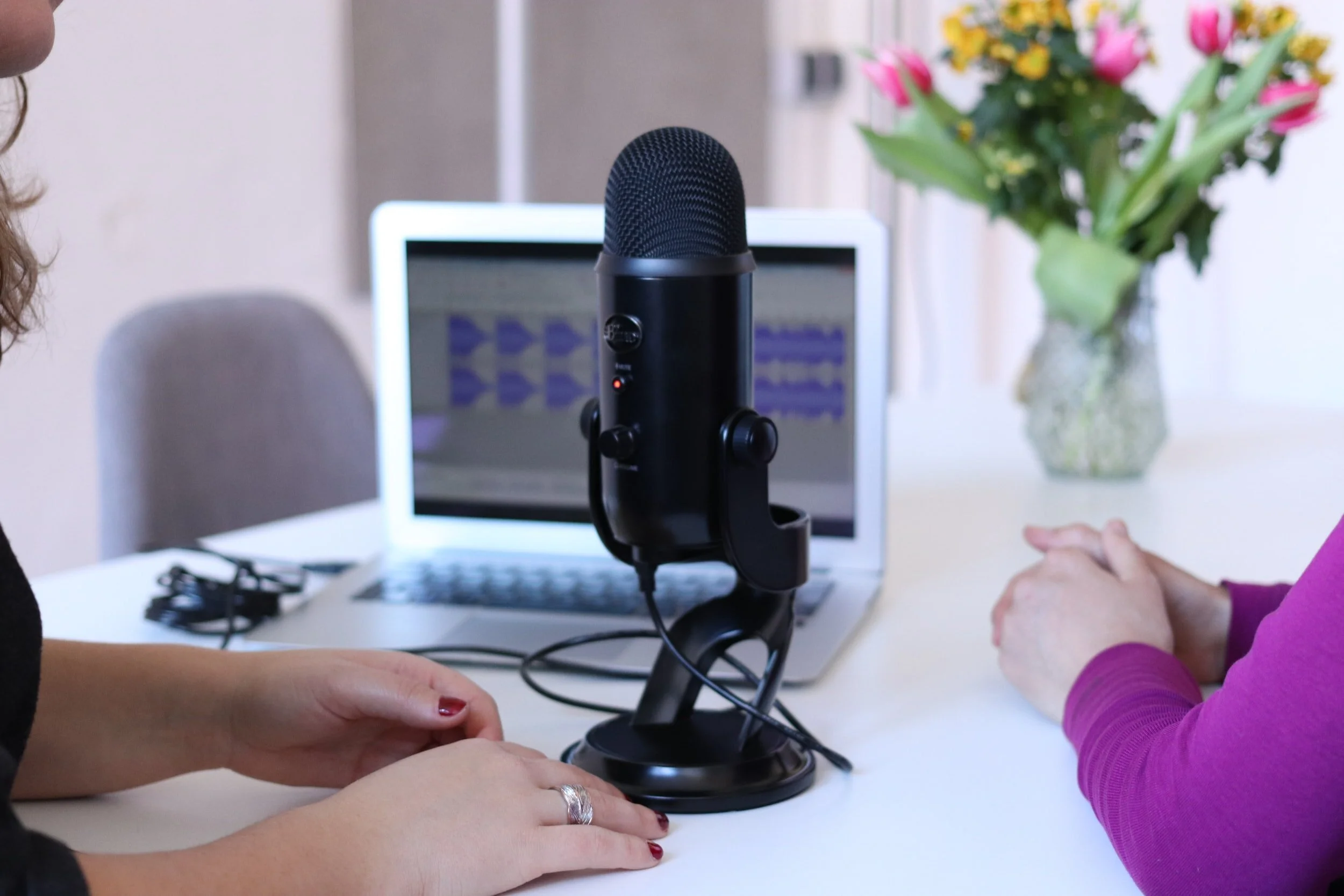Writing Nonfiction: Whose Truth To Tell?
Recently, I read a “New York Times (NYT)” Modern Love essay, “Please go Shelter in Another Place.”
The NYT essay is written by a woman whose husband decided to spend part of the pandemic lockdown apart from his wife. After 25 years of marriage, he moved out of the family home and into a nearby AirBnB.
As I read this Modern Love essay, I was gob smacked by the set of reader comments-most via social media-which ranged from admiring to smug (“we’re married longer than 25 years, and the pandemic has brought us closer”) to the obnoxiously pedantic (“that’s not how marriage works!”).
No spoilers here, but this COVID-season marital story ended happily — with some human relations lessons learned along the way.
The negative comments on the NYT Modern Love essay were not an attempt to fact-check the details of this husband-and-wife story.
How could they be?
Yet, these commenting strangers—presumably emboldened by the spatial and emotional distances of social media--appointed themselves as arbiters of this essayist’s truths and, in some cases, the bylaws for marriage.
I’m a writer and a wife, and many of these comments struck me as Exhibit A in how we love to co-opt or re-write the truth of another person’s story. Or, worse, some of us will deny that writer’s lived experience or emotional truth to replace it with our own.
This amounts to a kind of narrative piracy.
I’ve encountered my share of narrative pirates-and no, I’m not talking about those thoughtful editors and readers who have pointed out where and how the narrative should be stronger or clearer. Hurrah for those editors and readers!
Instead, I’m talking about the folks who want to deny or shellac my lived experience for a version that better fits their own narrative or belief system. Or experiences. Or worse, their own un-admitted biases.
It’s an odd human trait, this story-piracy, and one that I’m not qualified to diagnose or decipher. I do know this, though: When someone else tries to tell or un-tell or one-up our truths, it feels like human erasure.
***
Enjoyed this post? Enjoy other helpful writing tips at my blog. Or learn about my work and writing workshops at my author website.
